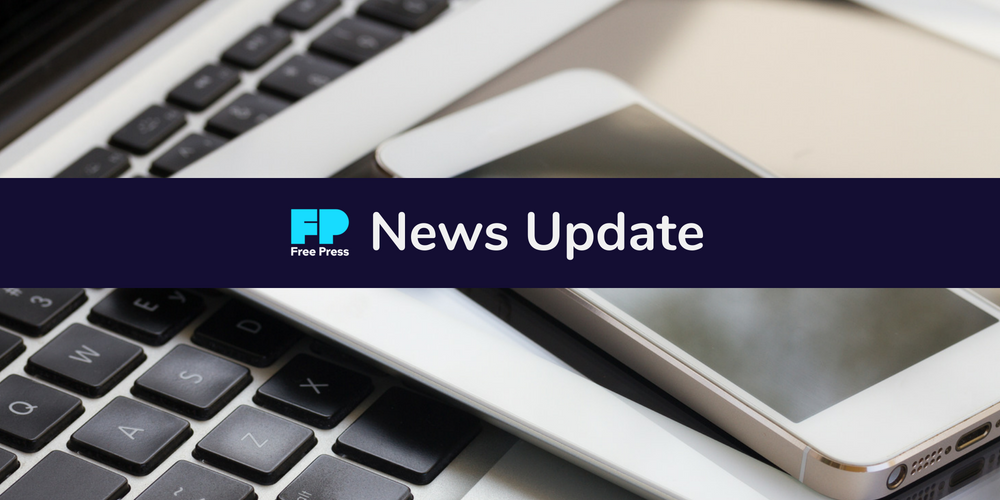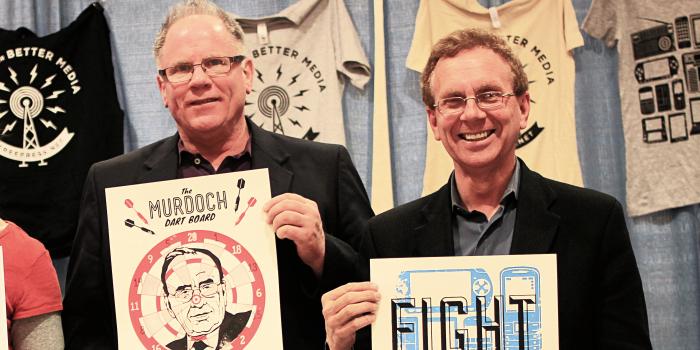FCC Lifeline Proposal Is the Latest Battleground in Trump’s War on the Poor

WASHINGTON — Late Thursday, the Federal Communications Commission issued an order and Further Notice of Proposed Rulemaking on the agency’s Lifeline phone-and-broadband subsidy program for low-income people in the United States.
According to the order, the FCC seeks to look further into allegations that the program has been compromised by “an unacceptably high improper payment rate, exposing the need for additional program improvements.” The order also bars carriers that participate in Lifeline from paying commissions to employees or sales agents based on the number of people who apply for or are enrolled in the program with that carrier. The order requires carriers’ employees or sales agents involved in enrollment to register with the Universal Service Administrative Co., which administers Lifeline.
The further notice also seeks ways to ensure the accuracy of carriers’ claims that subscribers are using their Lifeline service on an ongoing basis. These methods include a proposal to survey Lifeline recipients on whether they could afford services without Lifeline’s $9.25 monthly discount. A separate proposal would force people to pay additional amounts for services they likely receive today without charge.
“The agency suggests surveying Lifeline recipients — all of who[m] have already been means-tested for eligibility — whether they would be able to afford service without Lifeline,” said Commissioner Jessica Rosenworcel in her dissent to this proposal. “This does not add up, unless the real goal is to further restrict participation in the program.”
“I am deeply troubled by many toxic questions asked by the [further notice],” said Commissioner Geoffrey Starks in his dissent. "Do we aim to strengthen the underutilized program and build up some of our most marginalized citizens; or do we aim to deflate the program and further burden its recipients? I know which side I’m on."
Free Press Policy Counsel and C. Edwin Baker Fellow Leo Fitzpatrick made the following statement:
“Chairman Pai claims he cares about bridging the digital divide, but his actions show he’s more committed to advancing Trump’s war on the poor. And we must see it for the long and cruel war it is. Yesterday's order attempts to revive the few Pai proposals that managed to survive fierce public and industry opposition when he floated a version of this terrible plan in 2017. From the very beginning of his disastrous FCC tenure the chairman has led a tenacious effort to significantly limit Lifeline broadband options, and to freeze further Lifeline implementation and innovation.
“Pai has used unfounded claims of rampant waste, fraud and abuse as cover for his efforts to sabotage Lifeline. He cites high improper payment rates as justification for his draconian measures, but neglects to mention that a very high proportion of these improper payments already have a solution: the National Verifier program for Lifeline, which is still being implemented.
“But the chairman goes further in his unrelenting hostility toward Lifeline. The notice directs the FCC to consider whether poor people should be forced to pay for cellphones and services that companies already voluntarily offer for free. The survey of subscribers it proposes isn’t about rooting out waste, fraud and abuse; it’s about cruelly reframing subscribers as moochers, ignoring the reality of the hard decisions poor people must make every day to survive. No one should be forced to choose between internet access and basic necessities like food or diapers.
“Lifeline is a vital program that’s been shrinking in recent years. Rather than persist in its relentless focus on exaggerated claims of waste, fraud and abuse that the National Verifier program is already addressing, this Commission should abandon this notice — and its still live 2017 proceeding — and better serve the vulnerable communities stranded on the wrong side of the digital divide.”




